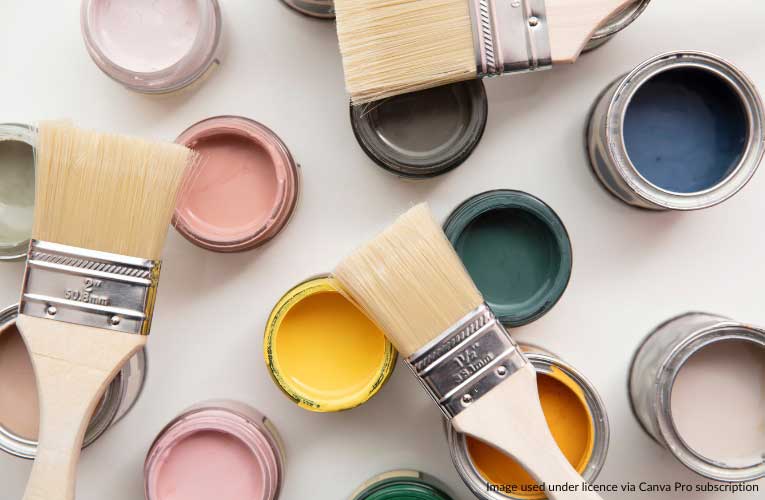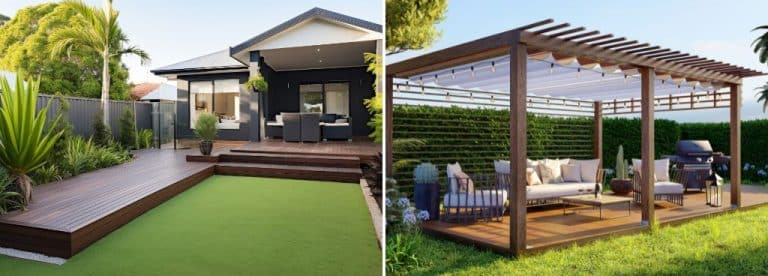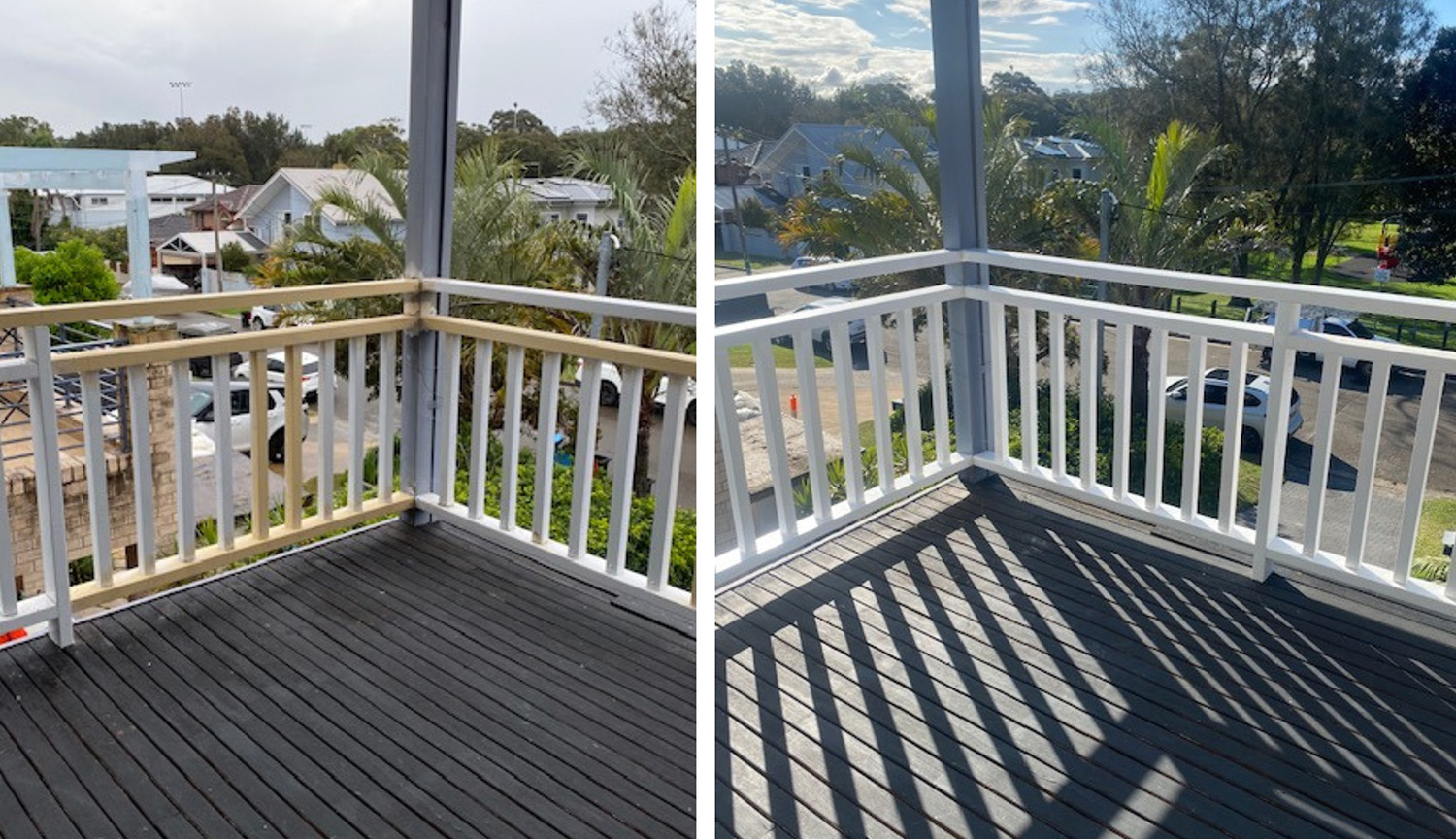If you haven’t already heard about all of the wonderful health benefits that come from gardening regularly, we’re happy to tell you now. It can supply your body with a good amount of strength work and even some cardio. You’re also out in the sunshine getting that glorious Vitamin D.
While playing in the dirt, you are breathing in all of the amazing oxygen the plants around you are expelling, and you’re touching the earth which has been found to be amazing on many levels, including positively affecting your immune system and helping your allergy tolerance.
While thinking of all the health benefits that gardening can bring, it can be easily motivating – until you think of the consistent time, effort, and knowledge that goes into creating a successful and attractive garden.
Fear no more, we’re here to help you get started easily, and with very little frustration.
Planning
Let’s start with just a simple plan. Let’s face it, you’re not going to head to Bunnings, purchase every item you need, and come home to create a masterpiece overnight. It’s just not how any hobby, profession, or task is done. Everyone starts from scratch at some point. So make sure not to be overwhelmed from the beginning and just start small.
A lot of the “planning” phase really is just looking at your surroundings and noticing what catches your eye. Starting out, you’ll notice the big features first, like trees and larger plants or flowers. Later on you’ll start identifying the smaller features that tie everything together, from walk ways to bird feeders.
Maybe you start out with a couple of planters with flowers you really enjoy. Just the act of purchasing the planters, the flowers, the soil, and taking care of a few items can really be fulfilling.
Then you’ll just add on from there.
Tools and Supplies
Now that you’ve planned your first steps, you should know what items you need to make it happen.
Start with the foundation and work your way up: planters, soil, shovels, plants, gloves, feed, watering device.
Speaking of watering your garden – there are several options above and beyond the hose that will offer money saving methods and ease of use. How about a rain catching watering barrel? One good rainfall and you’ll fill your watering bucket by dipping it into the rain catcher. It looks extremely classy, unique, saves you money, and repurposes nature’s efforts.
Graduating from Planters
Taking care of a few small plants, and slowly adding on, you’ll soon be ready to take on a bigger challenge. Let’s just do it and build a raised bed. It’s not as difficult as it looks, and in the long run it’ll be a lot easier than digging into the earth.
Digging into the earth creates much more work for you. Yes, hard work equals a good workout but unfortunately this type of work can give you injuries, you could dig up a line or wire that wasn’t meant to be (always remember to consult your city resource to locate lines before digging), it can also disturb dormant weeds and kill the underground ecosystem that feeds the earth and everything living on and in it.
If you’re wanting to garden herbs and vegetables, make sure your gardening planter bed is small enough so you’ll be able to reach in to harvest without stepping into the planter, possibly hurting the plants.
The Soil
Make sure you’re feeding the soil and not the plants. Feeding the soil will create much less work for you, provide a healthier ecosystem, and ultimately create an environment that bugs and birds will flock to – doing a large amount of work for you.
Say hello to mulch! There are numerous reasons why you should be mulching everything. Natural mulch will help keep the soil moist, feeds the soil as it breaks down over time, helps against erosion, and also helps to keep weeds at bay.
The Plants
Choose your plants wisely. First, make sure they survive in the environment you live in. You may want to choose hearty plants that will survive the growing pains of you learning how to take care of a garden consistently and successfully.
Perennials are plants that return year after year and can save you an enormous amount of money and time replanning every year. As long as you take care of their environment they will certainly come back healthy and sturdy every year.
There are also plants that naturally repel pests, bugs, and animals. Want a mosquito free backyard? The plants citronella, lavender, and basil are natural repellents!
Don’t Stop There
The details are what tie everything together. Once you have a good foundation and feel confident in moving on to other projects, try walk ways that connect different parts of your garden together.
Or, perhaps little lawn gnomes or fairies to hide amongst the plants. Repurpose an old chair to make a swing. Install birdfeeders, baths, and a place to collect string and fabric pieces to supply their nest-making-material.
It is a never ending hobby that will give you ongoing satisfaction and feeling of accomplishments. Gardening can supply you a healthy dose of home grown veggies or even just a healthy dose of happiness that comes with bringing an entire natural ecosystem directly to your backyard.
Want some help setting up your ideal garden? Our hubbies are here to help! Contact us today.








